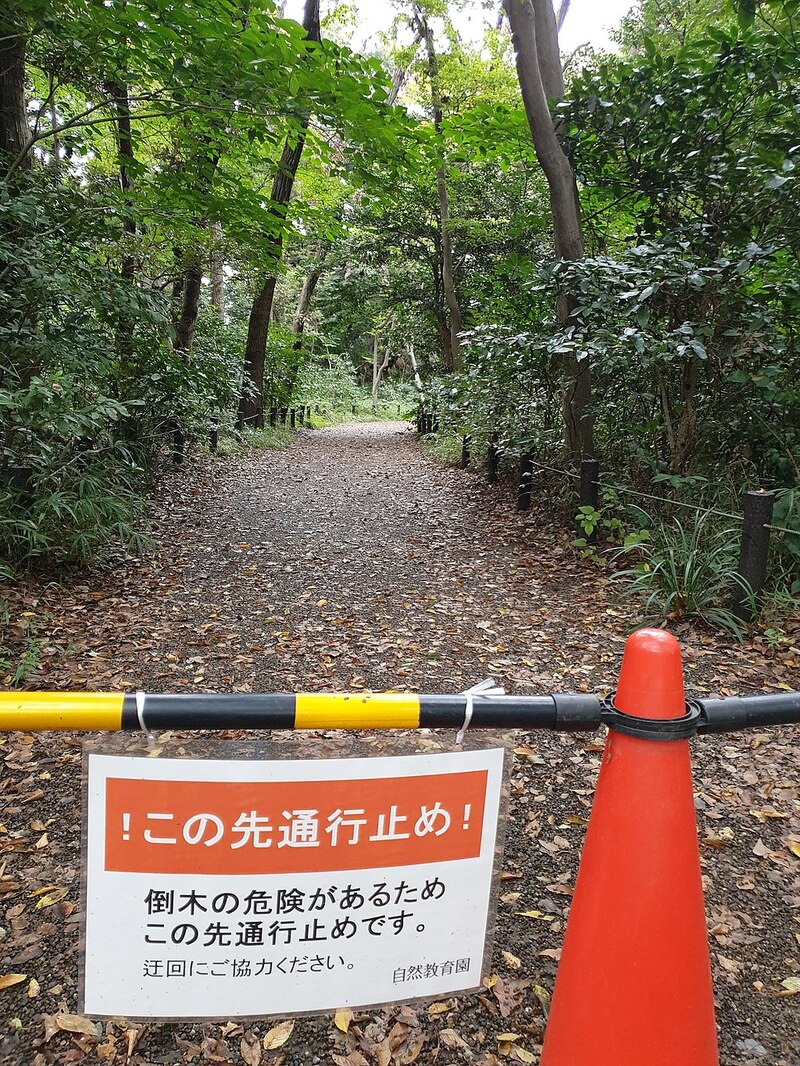New Learning MOOC’s Updates
Japan's Policy of Enabling Students to Choose Their Own Careers
According to the World Data on Education: Japan the following is an objective of compulsory education:
“Students are to be nurtured with basic skills and knowledge needed for their careers, an attitude of respecting work, and the ability to choose their career path that matches their own individual aptitude. “
Developing enough basic knowledge and skills to be a productive member of society, instilling a positive work ethic and having freedom to choose ones career are all admirable goals. However, from my observation of Japanese society, the last of these goals is not something that can be assisted by anything done in primary school. I have taught in Japanese universities for over 15 years and I still need to remind myself to not ask students about their dream job. Unlike in the United States, my home country, a majority of students have no control over what kind of job they will ultimately get. Outside of a few fields, such as medicine and teaching, most students cannot choose their career. Basically, students go job hunting (more accurately, company hunting) in their final year and a half of university to find a company to work for, not a specific job. After they join a company, their bosses will decide the position and location they are best suited for and they will need to make many internal transfers between branches, departments and positions over the course of their tenure at the company. Thus, someone who may dream about designing cars, can get a job at Toyota, but may be assigned to the marketing department, transferred to human resources, then sales and then, maybe engineering. Companies justify this practice as a way for employees to get a whole picture view of the company, however, it blunts anyone’s attempt to “choose their career path”. Therefore, any policy stance on helping students find their own careers will eventually be made ineffective by Japanese corporate culture.
Reference:
United Nations Educational Scientific and Cultural Organization (2010/11) World Data on Education : Japan (7th ed.). http://www.ibe.unesco.org/fileadmin/user_upload/Publications/WDE/2010/pdf-versions/Japan.pdf


